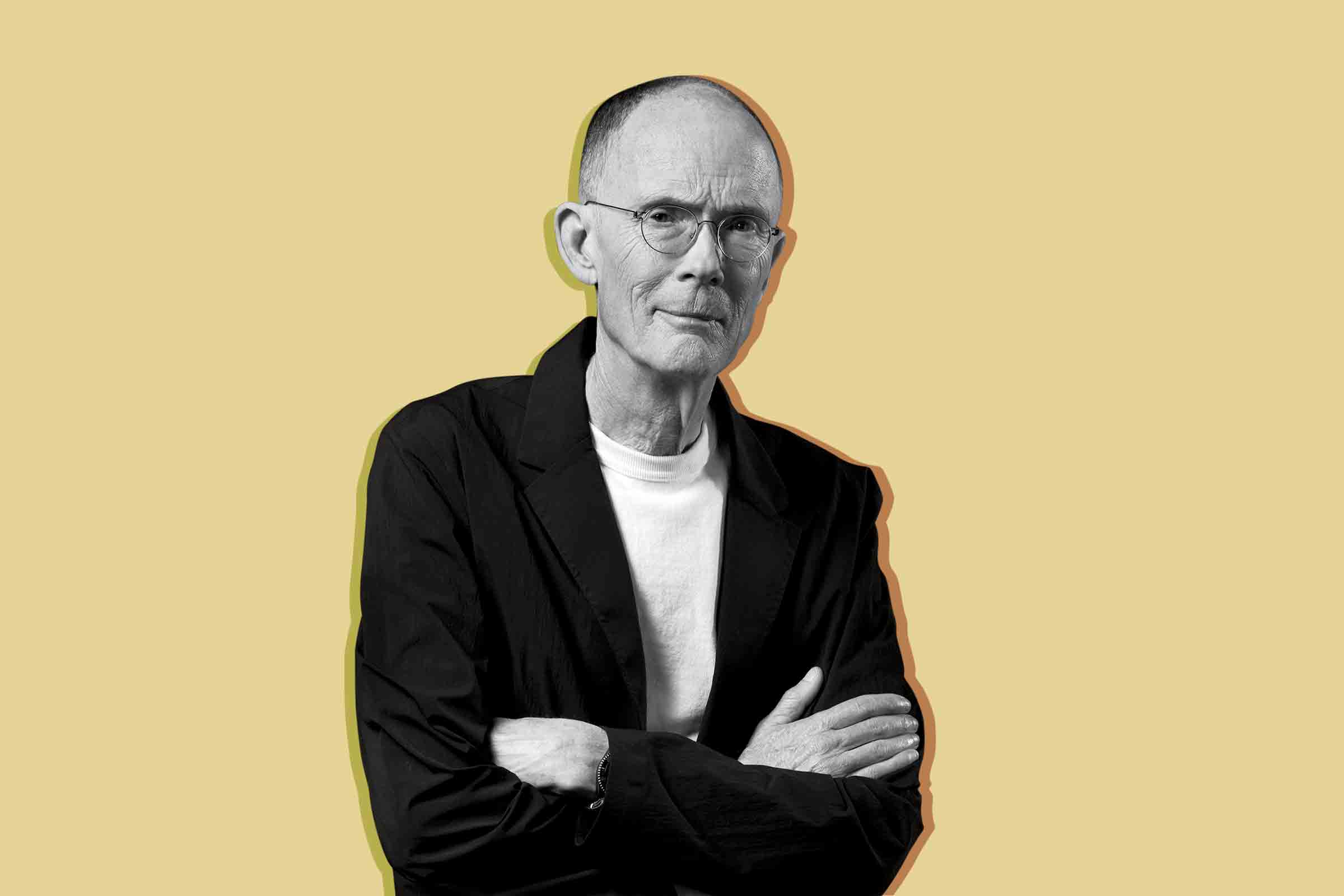
The sci-fi novelist on inventing the term cyberspace, the surprising way AI could be truly intelligent and the ending he regrets
In the same way Hunter S. Thompson and Pablo Picasso gave us gonzo journalism and Cubism, you’ve been credited with creating cyberpunk and inventing the term cyberspace. How do you plead?
I remember early in my career looking at a yellow legal on which I wrote down infospace and dataspace, and they just looked woefully unsexy. Then I wrote cyberspace and it just rolled off the tongue. Since then I’ve discovered that a Scandinavian artist previously used it in an abstract painting. Cyberpunk is not my coinage. I was with a group of sci-fi writers and someone called us that, and I said, “Don’t buy this.” We were already marginalized as sci-fi writers. Cyberpunk would marginalize us further.
Much of your work takes place in the near future, though in your new book, Agency, you look a full century ahead. Is there a certain plausibility and accountability in not moving too far ahead in time?
If one wants to escape the present, one goes for the galactic empire 600 years from now, but I’m not interested in that. And even if one writes about 600 years from now, in 100 years, people will still see it as something written in 2020 because it will bear all those attitudes.
Nine of your books are trilogies. Have you gone into them with that in mind, or did you begin the first of each as a standalone book?
I absolutely intended the first ones to be standalone, and I have never been able to stick to that. Agency is more conventionally a sequel [to 2014’s The Peripheral] because I’ve gone back to the same characters. In past sequels, I’ve dealt with other characters having different experiences in the same world.
You’re credited with a sort of clairvoyance for foreseeing the Internet and VR. Is there anything you’ve gotten wrong?
I can imagine a bright 12-year-old picking up [1984’s] Neuromancer and thinking it’s a book about something happening to all the cell phones because I didn’t predict them. Sometimes I’ve been right and wrong at the same time. I could not imagine the complete collapse of the Soviet Union, so I wrote it as sort of non–fully capitalist economic backwater. If I had simply called it Russia, I’d have been right on the dot.
If you had to leave science fiction and try another genre entirely, what would it be?
I would try something that isn’t identifiable as genre fiction, but you get into practical considerations like packaging. I get a guilty feeling because I think if I were someone running into an airport bookstore and buying [2010’s] Zero History, thinking it’s going to be a thriller. Then suddenly I’m reading this extended meditation on the influence of military-garment design on street wear. I’d be pretty disappointed.
Is there a book of yours you would rewrite?
When I was finishing [1999’s] All Tomorrow’s Parties, I had a lot going on in my life, and I could have done more with the final moment and the emergence of the singularity. In effect, I said “and it happens.” I would have taken a two-month break and done a final pass on the last 30 pages.
Agency includes an intelligent digital assistant named Eunice. Do you envision a world partly populated by Eunices?
I’m not positive; even people who know a lot about AI are divided. It’s been posited that what we think of as sentient AI is more likely to be a heavily modified human consciousness in a living human body who has all of the capacities of the system and is no longer human. All of my Eunice-like characters are really a longing for a better Siri or Alexa.
More Must-Reads From TIME
- The 100 Most Influential People of 2024
- Coco Gauff Is Playing for Herself Now
- Scenes From Pro-Palestinian Encampments Across U.S. Universities
- 6 Compliments That Land Every Time
- If You're Dating Right Now , You're Brave: Column
- The AI That Could Heal a Divided Internet
- Fallout Is a Brilliant Model for the Future of Video Game Adaptations
- Want Weekly Recs on What to Watch, Read, and More? Sign Up for Worth Your Time
Write to Jeffrey Kluger at jeffrey.kluger@time.com